Shepherd of the Prairie Lutheran Church, Huntley, IL

CHILDREN’S CHRISTMAS PROGRAM
DECEMBER 2025
A HUGE thank you to our amazing kids, parents, volunteers, and leaders who made this year’s Christmas Program such a meaningful gift to our church family! Your joy, hard work, and dedication beautifully reminded us Jesus truly is the reason for the season.

From Pastor Mark
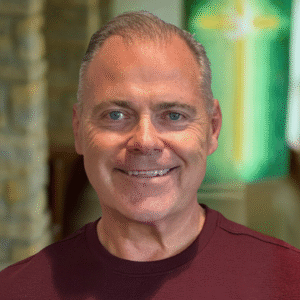
Dear Ones,
As the New Year begins, Matthew 2:12 (the text for Epiphany, January 6) offers a quiet but powerful word of guidance: “Having been warned in a dream not to return to Herod, they left for their own country by another road.” The Magi’s journey did not end at the manger. Encountering Christ changed not only their destination, but their direction.
The New Year often invites us to keep moving forward on familiar paths—habits, routines, assumptions that feel safe because they are known. Yet this verse reminds us that faithfulness sometimes means listening for God’s warning and being willing to choose a different road. The Magi trusted that God’s guidance, even when it disrupted their plans, would lead them toward life and away from harm.
As we step into a new year, we do so with dreams, hopes, and perhaps fears. Matthew 2:12 invites us to pause and ask, where might God be redirecting us? What paths no longer serve love, justice, or faith? Following Christ may call us to leave behind old routes marked by fear, resentment, or complacency, and to walk a road shaped by courage, compassion, and trust.
The New Year is not just about turning the calendar, but about being open to transformation—returning home changed, and choosing, by God’s grace, another way forward.
May the peace of Christ, which surpasses all understanding, guard your hearts and minds as we step into a new year—hopeful, grateful, and filled with expectation for all that God will do among us.
In Christ’s love,
Pastor Mark
Contact Pastor Mark at: pastormark@sotpmail.com
From Pastor Ryan
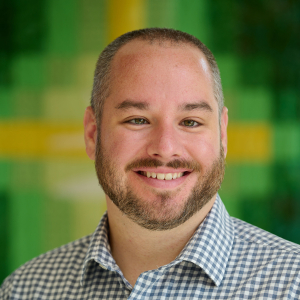
“When you pray, move your feet.”
This African proverb is a concise yet powerful reminder that our prayers, and by extension our faith, have to be about more than words or thoughts. The late Congressman John Lewis used this proverb as a mantra in his work on human rights and illuminated this proverb in his memoir, saying: “There is an old African proverb: ‘When you pray, move your feet.’ As a nation, we must move our feet, our hands, our hearts, our resources to build and not to tear down, to reconcile and not to divide, to love and not to hate, to heal and not to kill.”
As we begin this new year in the season of hope we call Christmas, and slowly begin to turn our focus toward the deep reflection of season of Lent (and eventually the renewed hope of Easter), I invite us all to remember the true gift Jesus was and is for us, the way he built community among us, and the sacrifice he made.
On December 25, we once again celebrated the day God joined us as one of us, underscoring the profound intimacy of our relationship with God. We praised Jesus as being the light of the world. The people who walked in darkness have seen a great light; those who lived in a land of deep darkness—on them light has shined. (Isaiah 9:2, NRSV)
There is a lot to feel down about in this world, and Jesus encourages us to take all our fears, anxieties, sufferings, grief, and struggles to him through prayer. That should be merely the start of our process. Our prayers represent a conversation in so many ways. They are, of course, a conversation between us and God, but if you think about it, they are also a conversation we have with ourselves. When we settle ourselves into a time of open reflection as we pray, we find that our mind begins to connect with our heart, revealing our deepest concerns, passions, and desires. It is those moments we should pay close attention to, for it is in those moments we can find ourselves inspired to focus our energy, resources, and time in ways that bring the light of Christ into a troubled world.
Each new year brings a new opportunity to try something new, experience some growth, and live deeper in our faith and relationship with God and our neighbors. We are the recipients of such an incredible gift in the person of Jesus and the sacrifice he made to be our Savior. May this be a year full of the kind of prayer that inspires us to move our feet for the good of all. Let us all honor Jesus as he deserves by finding the place we can make the biggest positive impact in this world, pray for God’s guidance, and then step out in active faith.
I pray that this year brings health, peace, joy, and love to you, and that your year will be filled with all sorts of blessings as we work to bring the light of Christ to all the world, working for that day when all are loved and cared for. I pray that when you pray, you move your feet. And know that I am right here with you, praying and growing and working to be a better mover of my own feet. Together we can do this to the glory of God!
May the Lord bless you and keep you this season and always!
Pastor Ryan
email Pastor Ryan at pastorryan@sotpmail.com
By Donna Kelly
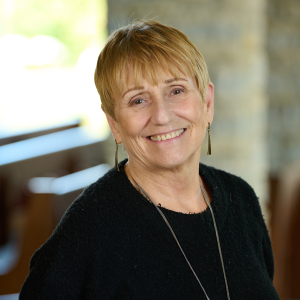
It’s hard for me to believe that it is a new year already. For me, 2025 flew by!
Recently, I was reminded of something I heard in a keynote address quite a few years ago that has stayed close to my heart and spirit. Fr. John Powell was speaking at a convention for a marriage ministry that my husband and I were part of for many years. I don’t remember what he spoke about, or anything else that he said other than, “There is nothing you can do to make God love you any more than God already does, and there is nothing you can do to make God love you any less than God already does!”
What an amazing statement about the “overwhelming, never ending, restless love of God”. Sometimes we get down on ourselves, wondering what our purpose is or if we are worthy of the love of God and other people. Some may picture God as one who keep tabs on every action, evaluating if the measure up. We believe other people are doing that and often we may wonder if God does the same. Frequently we imagine God to be like the people we know and the life we experience.
But as this new year begins, I hope you take to heart the statement Fr. John Powell made, “There is nothing you can do to make God love you any more than God already does, and there is nothing you can do to make God love you any less than God already does!” Read that again; sit with it. Hold it in your mind and your spirit until you believe it. Let the love of God flood you with the Spirit and always remember, you are God’s beloved child and always will be.
Donna Kelly
Contact Donna at Donna at: donna@sotpmail.com
So Many Ways to Participate in Our Community
God’s Work, Our Hands
Are you looking for ways to use your talents and participate in our church family?
Here are some ideas and who to contact for more information for each one:
(more…)
Receive our email communications
- Daily Devotionals (Food for the soul)

- Weekly Friday Flourish (Church info)
- Monthly Newsletter (More detailed information)
To start receiving any (or all) of the above, please go online to:
www.bit.ly/SOTPEMAIL
Contact: Michelle Rankin at michelle@sotpmail.com
Submit requests to: www.bit.ly/SOTPpray 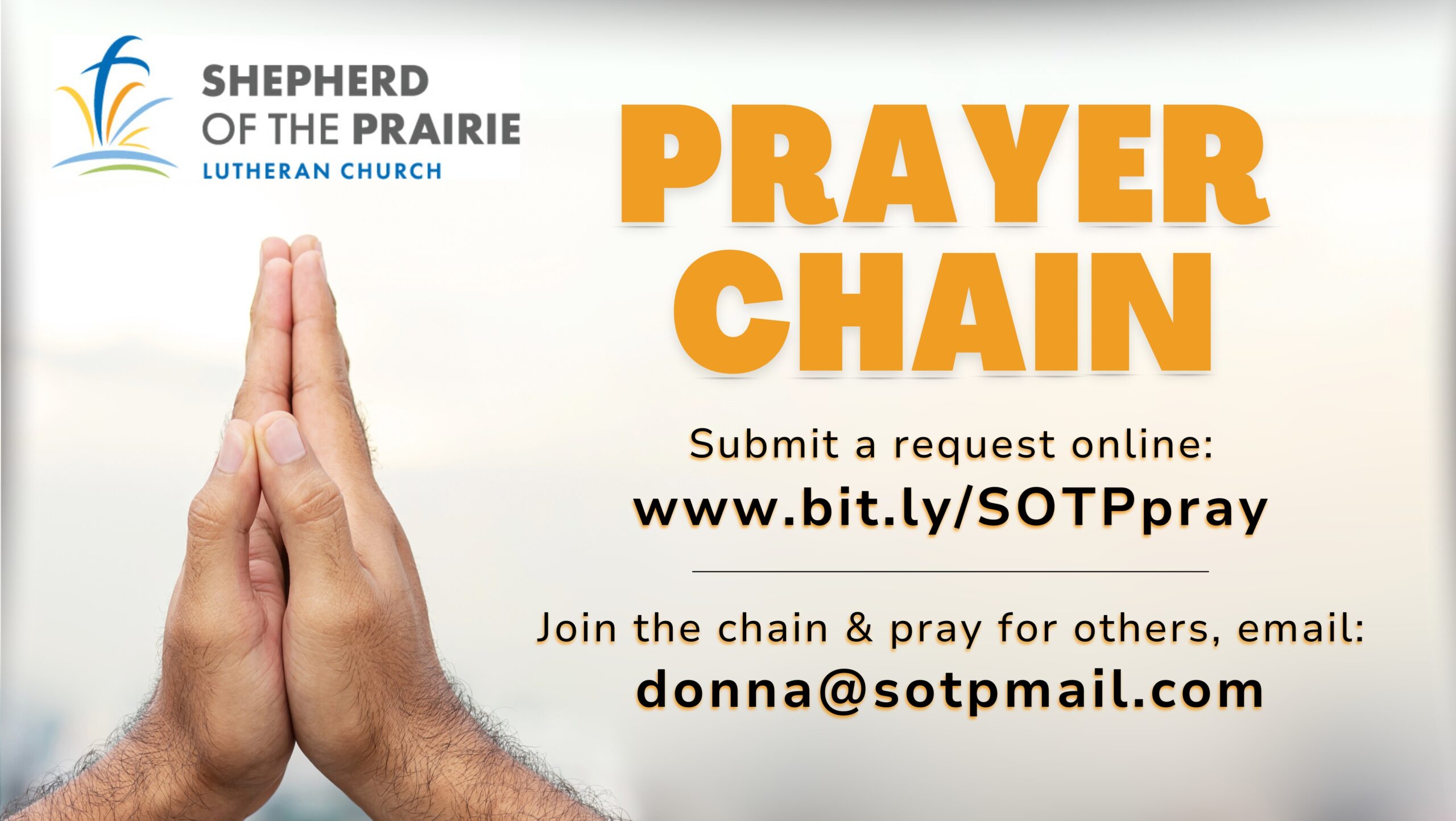
Join the chain & pray for others, email your request to Donna Kelly at donna@sotpmail.com
In the Sanctuary
Ask your hearing care professional how. Some hearing aids are set up where they might have an app on your cellphone that says “telecoil mode”, and you’ll activate that. 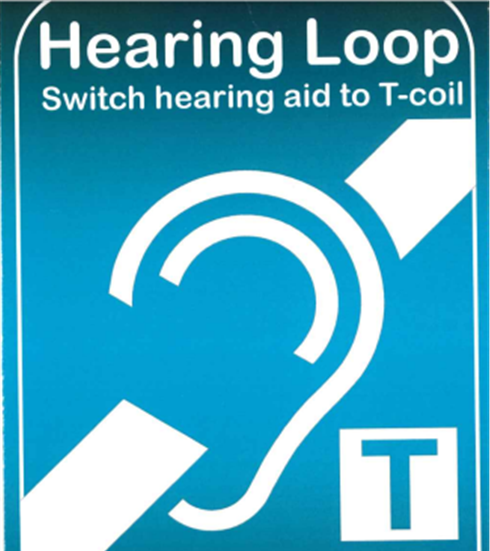 You might have the ability to adjust the volume up and turn down for the microphone level. But again, talk to your hearing care professional, they should be able to show you all those options, and then play around with it, when you’re in church.
You might have the ability to adjust the volume up and turn down for the microphone level. But again, talk to your hearing care professional, they should be able to show you all those options, and then play around with it, when you’re in church.
We also have two headsets to use while you are in the sanctuary. These are in our Welcome Center desk if you don’t have a compatible hearing aid.
Contact: your hearing aid professional














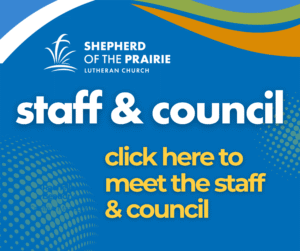
 You might have the ability to adjust the volume up and turn down for the microphone level. But again, talk to your hearing care professional, they should be able to show you all those options, and then play around with it, when you’re in church.
You might have the ability to adjust the volume up and turn down for the microphone level. But again, talk to your hearing care professional, they should be able to show you all those options, and then play around with it, when you’re in church.